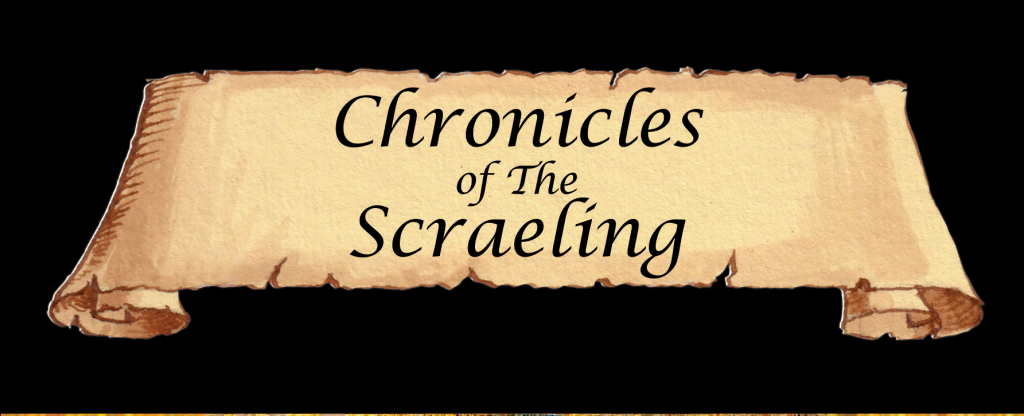Trilogy

Ranulf de Lannion knows a lot about adversity. First son of a Breton warlord, he suffers an accident as a toddler that should have killed him but recovers to face life as a cripple. Worse, almost on the eve of his taking monastic vows, the convent where he was put away by a family ashamed of his deformity is raided by a band of foraging Vikings led by a youthful Harald Hardraada. On a night of rape, pillage and murder, at Hardraada’s whim the boy is taken as a trophy by the band.
Scorned and mocked as ‘the scraeling’, survival requires de Lannion to make himself indispensable in a world that revolves around violence, treachery and brutality. Much against the odds he does so, in the process turning his derisory nickname into a badge of honour through his learning, his intelligence and his ability to out-think and to manipulate his gung-ho and murderous companions. A Hardraada very aware of how much he owes to his trophy’s abilities and cunning, hails him as ‘the most dangerous little bugger alive’.
And he’s more correct than he can imagine for, behind his mask of enthusiastic co-operation, The Scraeling has dedicated his life to planning a terrible vengeance for the murdered nuns who brought him up when family turned their backs: not only the end of Hardraada’s band, but of a world free of the whole and entire Viking scourge. How he does that is the subject of Chronicle One, ‘The Landwaster’.
More generally, The Scraeling’s battles with adversity are lifelong and character-forming. From his earliest days his choices are twofold: go under before adversity or surmount it. Like all of us, the choices he makes and the experiences he has shape the man, but his acquaintance with hard times ensures that his triumphs are celebrated in humility and an awareness of the needs of the weak and the powerless.
For example, in an age that viewed high-born females as political pawns or state chattels and all others as mere conveniences, The Scraeling views women very differently and the trilogy throughout witnesses his appreciation of some strong woman characters. Even in the appalling brutality of the attack on the convent that opens Chronicle One there is stark heroism displayed by the most vulnerable, and that only continues through Two (‘The Scraeling’) and Three (‘The Varanger’) with Breton nuns, high-born Byzantine ladies, Saxon heiresses and widows, and one truly memorable Russian princess all evoking admiration in ways unnoticed by men less perceptive than The Scraeling.
While each book is complete in itself, there is overlap between them and this is accomplished through a prologue ‘written’ by The Scraeling from his retirement.
Who will enjoy The Scraeling’s chronicles and why?
I think the short answer is probably ‘Anyone who isn’t an out-and-out SF geek’, because the trilogy encompasses real history, action drama, graphic violence, explicit sex, some outright comedy, romance and tenderness, and even bits of down-home ordinariness, all on a bed of Viking crustiness.
Because readers of historical fiction really do tend to know their stuff, the depth and quality of my research has been absolute. However, the trilogy is much less a work of historical fiction than a tale, that happens to be set in the 11thcentury, of the triumph of the human spirit over massive odds. Since that’s so, the chronicles ought to appeal to anyone who would read the biographies, say, of Helen Keller, Mohandas Gandhi, Nelson Mandela or Douglas Bader.
I truly enjoyed creating The Scraeling, for he is a decent man in an age that didn’t have a lot of time for decency, truth or honour. As noted above, he knows a lot about adversity but his ingenuity in facing and conquering it is the mark of his life and being. Not that he’d see it that way, of course. In fact, if one complimented him in those words, his response would be a blink and the question, “Who? Me?”
I commend him to you.
